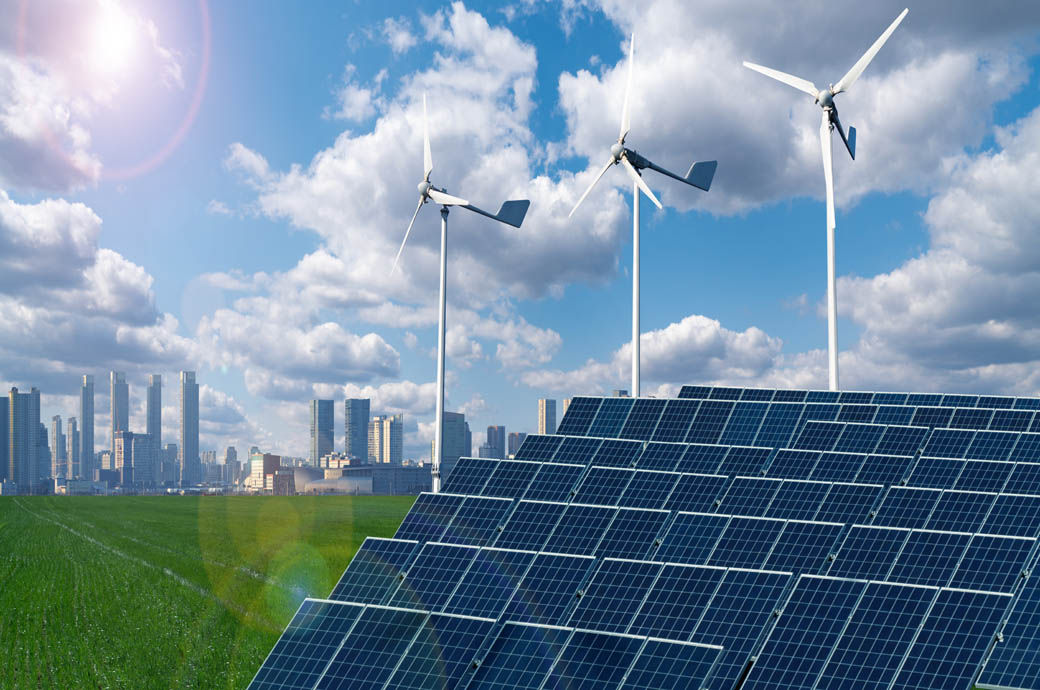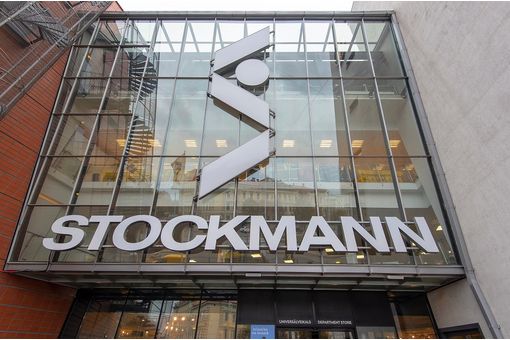Sri Lankan govt, businesses discuss economic recovery, decarbonisation

Insights
- Representatives from Sri Lanka's business community, government discuss issues related to policies, financial mechanisms and technologies, crucial for industrial decarbonisation and economic recovery.
- Industries employ 30 per cent of nation's workforce and deliver second-highest share of GDP, but they also consume large quantities of fossil fuel imports.
Organised by the European Union (EU)-funded Accelerating Industries’ Climate Response in Sri Lanka project, this event marked the second edition of the industry dialogue.
Thilaka Jayasundara, secretary to the Ministry of Industry, emphasised the pivotal role of industrial decarbonisation in Sri Lanka’s economic recovery, particularly in the aftermath of the recent energy crisis even as she stressed the imperative for manufacturing processes to transition towards greener practices, including the adoption of renewable energy sources and energy-efficient solutions.
Industries in Sri Lanka account for 30 per cent of the nation’s workforce and contribute significantly to GDP. However, their reliance on fossil fuel imports has posed challenges, leading to cost escalations and operational disruptions, worsened by recent petrol shortages.
Dr. Johann Hesse, head of cooperation for the European Union Delegation to Sri Lanka and the Maldives, underscored the urgency of climate action, highlighting the potential benefits of reducing energy waste and greenhouse gas emissions.
He reiterated the EU’s commitment to supporting Sri Lanka in achieving its climate goals and ensuring energy security.
With the government’s pledge to derive 70 per cent of the country’s energy from renewable sources by 2030, the imperative for industrial sectors to reduce fossil fuel consumption is clear.
A target of 7 per cent reduction in industrial emissions has been set as part of this initiative.
The event featured presentations by international experts, focusing on recent research by the United Nations Industrial Development Organization (UNIDO) on industrial decarbonisation trends in Sri Lanka.
The research highlighted key sectors such as textiles, food and beverages, rubber production, and cement, identifying policy gaps and capacity-building needs essential for advancing Sri Lanka’s climate objectives.
Fibre2Fashion News Desk (DR)
































-Ltd..jpg?tr=w-120,h-60,c-at_max,cm-pad_resize,bg-ffffff)





.jpg?tr=w-120,h-60,c-at_max,cm-pad_resize,bg-ffffff)
.jpg?tr=w-120,h-60,c-at_max,cm-pad_resize,bg-ffffff)






